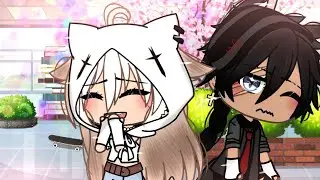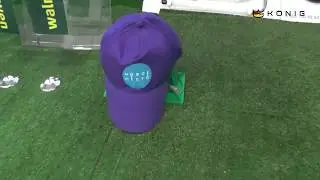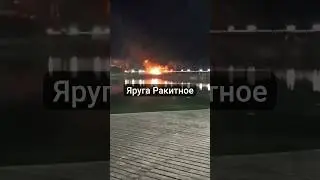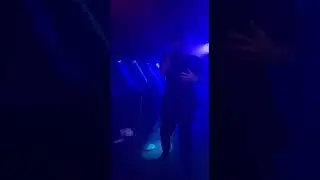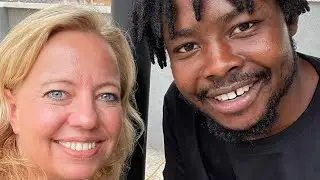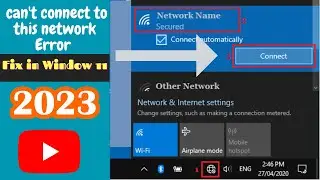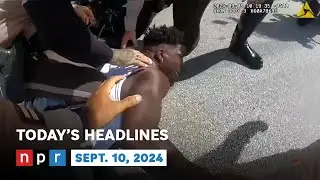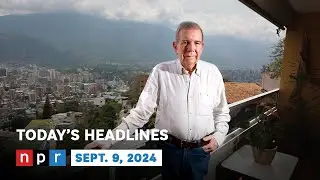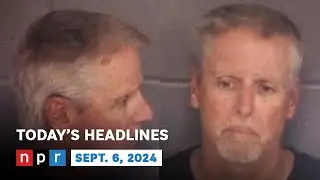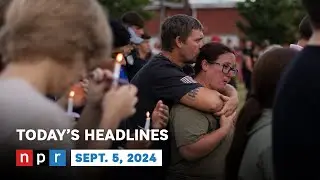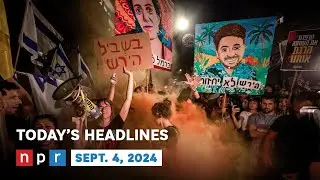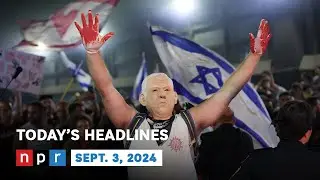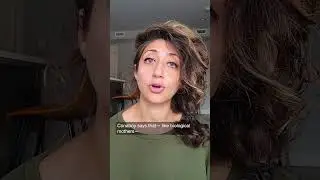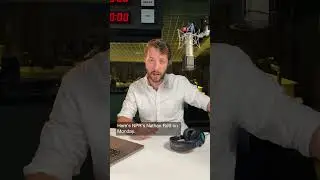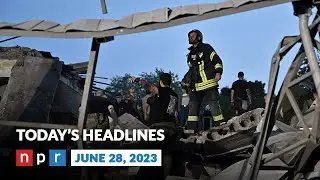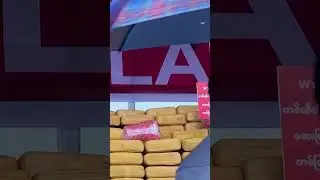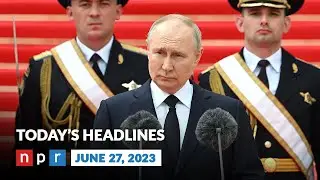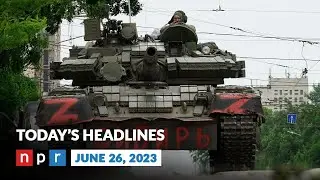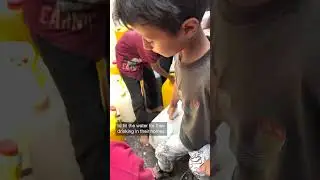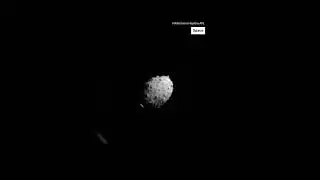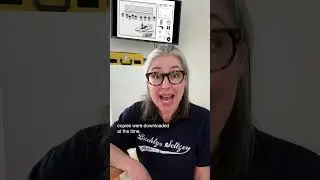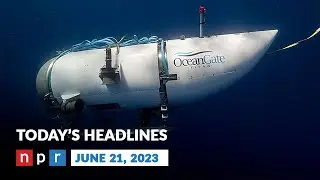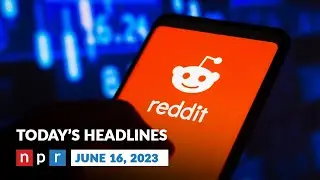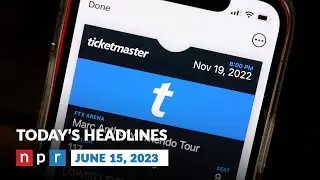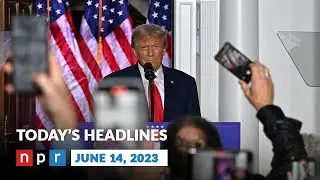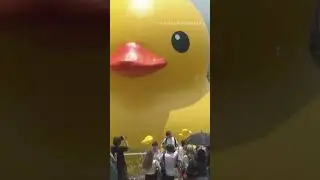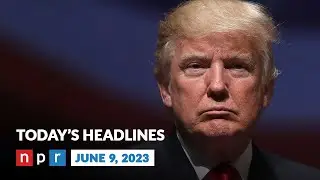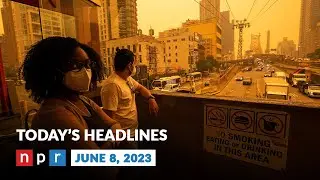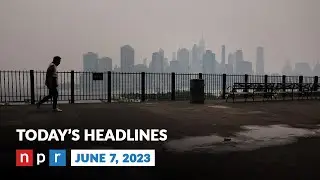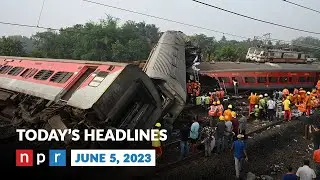Obama Reflects On The Controversial Decision To Expand Drone Strikes | Morning Edition | NPR
President Obama reflected in his NPR interview on the controversial decision to expand drone strikes in Pakistan, Yemen and the Horn of Africa.
"I'm the first one to admit that we didn't get it all right on day one," he said. "There were times where, for example with respect to drones, that I had kind of stop the system for a second, and say you know what, we're getting too comfortable with our ability to take kinetic strikes around the world without having enough process to avoid consistently the kinds of civilian casualties that can end up actually hurting us in the war against radicalization."
The administration acknowledged in July that drone strikes in countries where the U.S. has not been engaged in ground combat have killed up to 116 civilians since Obama took office.
The president told NPR he was confident his administration had built the "guardrails" needed to "set up a whole series of processes to guard against government overreach, to reform some practices that I thought over time would threaten civil liberties."
• Read "Obama Warns Trump Against Relying On Executive Power" at http://www.npr.org/2016/12/16/5058600...
------------------------------------------------------
Subscribe to NPR on YouTube: / npr
Follow NPR elsewhere, too:
• Twitter: / npr
• Facebook: / npr
• Instagram: / npr
• Tumblr: / npr
• Snapchat: / npr
ABOUT NPR
NPR connects to audiences on the air, on demand, online, and in person. More than 26 million radio listeners tune in to NPR stations each week and more than 36 million unique visitors access NPR.org each month making NPR one of the most trusted sources of news and insights on life and the arts. NPR is also the leading publisher of podcasts, with 36 original shows and an average of 4 million listeners per week. NPR shares compelling stories, audio and photos with millions of social media users on Facebook, Twitter, Instagram, Pinterest, YouTube and Snapchat; NPR News and NPR One apps, online streaming, podcasts, iTunes radio and connected car dashboards help meet audiences where they are. NPR's live events bring to the stage two-way conversations between NPR hosts and the audience in collaboration with the public radio Member Station community. This robust access to public service journalism makes NPR an indispensable resource in the media landscape.
------------------------------------------------------
All video and audio excerpts from this interview must be credited to "NPR News." Broadcast outlets may use up to sixty (60) consecutive seconds of audio. Television usage of interview audio must include on-screen chyron to "NPR News" with NPR logo. Online outlets may use up to sixty (60) consecutive seconds of audio and link back to the NPR.org website. Contact [email protected] if you need more information.

